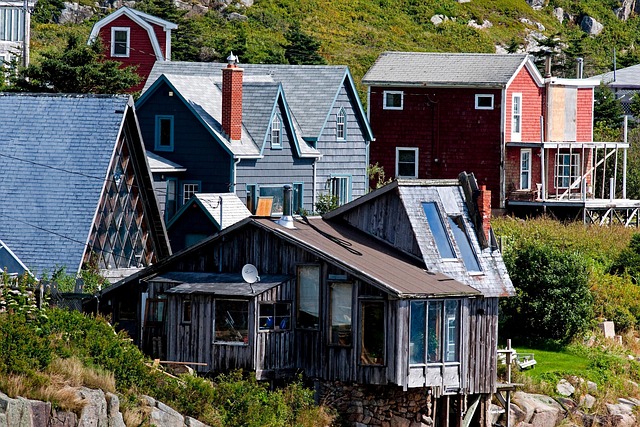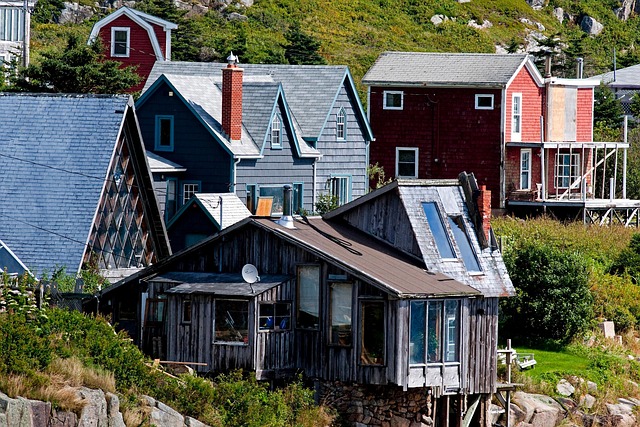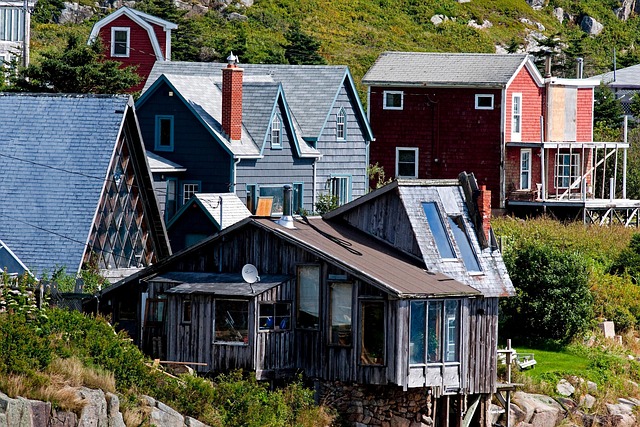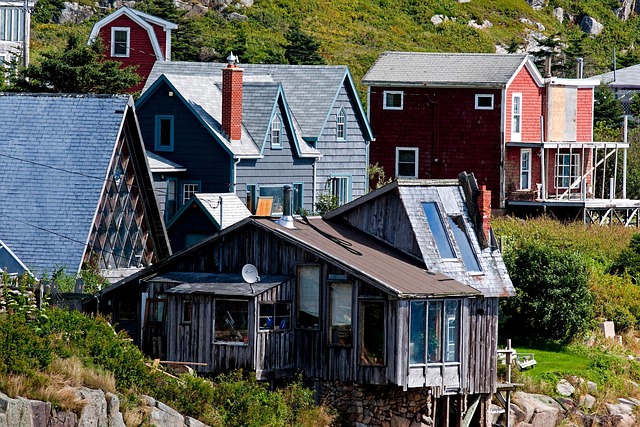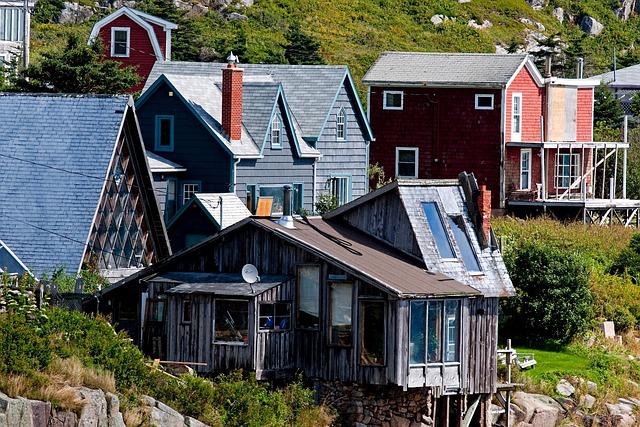The real estate market is experiencing a significant shift towards outdoor-focused developments, driven by the growing popularity of activities like fishing and hunting. Demands for properties in scenic natural areas have increased as more people prioritize outdoor experiences in their lifestyle. Developers are creating niche communities centered around these recreational activities, offering easy access to popular spots. This trend not only provides residents with unique lifestyles but also boosts local economies through tourism, making these developments highly attractive to investors and homebuyers valuing nature connectivity. The correlation between access to outdoor spaces and higher property values underscores the importance of preserving and promoting these areas for both environmental conservation and economic growth within the real estate sector.
“Unwind from the hustle and bustle of daily life and discover how outdoor recreation, fishing, and hunting are transforming real estate markets. From the allure of serene landscapes to the economic boost they bring to rural and suburban communities, these activities play a pivotal role in shaping property values. This article delves into the intricate relationship between nature-based pursuits and the evolution of real estate, exploring historical perspectives, conservation efforts, and future trends that promise to revolutionize outdoor experiences while driving sustainable property development.”
The Attractiveness of Outdoor Recreation for Real Estate Markets
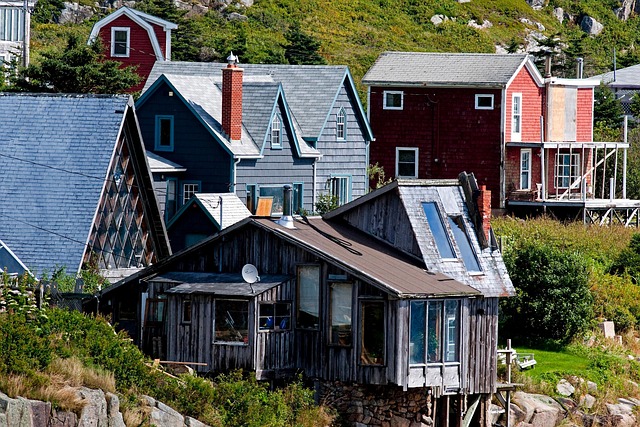
Outdoor recreation, including fishing and hunting, has become increasingly attractive for real estate markets due to its growing popularity among various demographics. The demand for properties situated in or near scenic natural environments has surged as more people seek outdoor experiences as part of their lifestyle. This trend is particularly evident in regions known for their lush landscapes, pristine waters, and abundant wildlife, where recreational activities thrive.
Real estate developers are responding to this shift by creating niche communities centered around outdoor recreation. They offer properties with easy access to fishing spots, hunting grounds, hiking trails, and other amenities that cater to outdoor enthusiasts. Such developments not only provide residents with a unique lifestyle but also boost local economies through tourism and recreational activities, making them highly desirable for both investors and potential homebuyers who value connectivity to nature and outdoor pursuits.
– Exploring the connection between outdoor recreation and property values
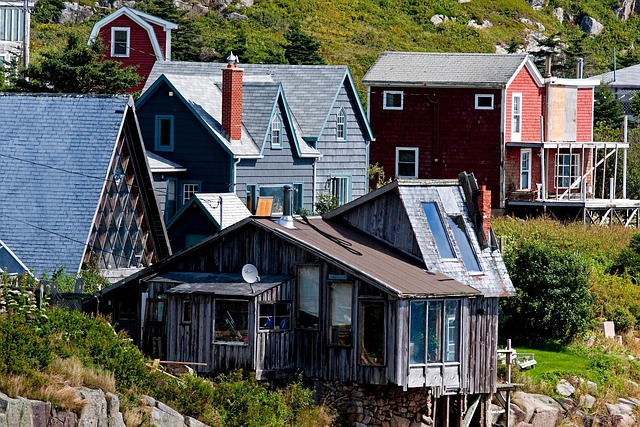
Outdoor recreation, such as fishing and hunting, has a profound impact on property values in nearby areas. Research suggests that access to outdoor leisure activities can significantly enhance the desirability and value of residential properties. This is particularly true for regions known for their natural beauty and abundant wildlife, where recreational opportunities contribute to a sense of community and connection to nature.
The presence of lakes, rivers, forests, or other outdoor recreation sites often becomes a key selling point for real estate in these areas. Prospective buyers are drawn to properties that offer easy access to outdoor activities, resulting in higher property values and increased demand. This mutual beneficial relationship highlights the importance of preserving and promoting outdoor spaces for both environmental sustainability and economic prosperity in the real estate market.
– Growth of rural and suburban communities catering to these activities
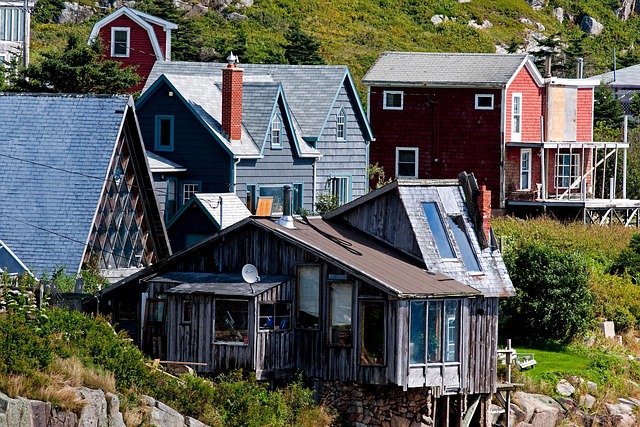
In recent years, outdoor recreation has experienced a significant surge in popularity, particularly in rural and suburban areas. This trend is closely tied to the growth of communities that cater specifically to fishing and hunting enthusiasts. As more people seek solace and adventure in nature, real estate markets have responded by offering diverse properties tailored to these activities. From scenic lakeside retreats to vast wilderness acres, these locations not only provide easy access to outdoor pursuits but also enhance the overall quality of life for residents.
The development of rural and suburban communities has been driven by a desire to preserve natural spaces while accommodating recreational needs. Local businesses, such as outdoor gear stores, guide services, and lodge accommodations, thrive due to this increased interest. This growth not only benefits local economies but also fosters a sense of community among residents who share a passion for fishing and hunting, creating a unique and vibrant atmosphere that sets these areas apart.
